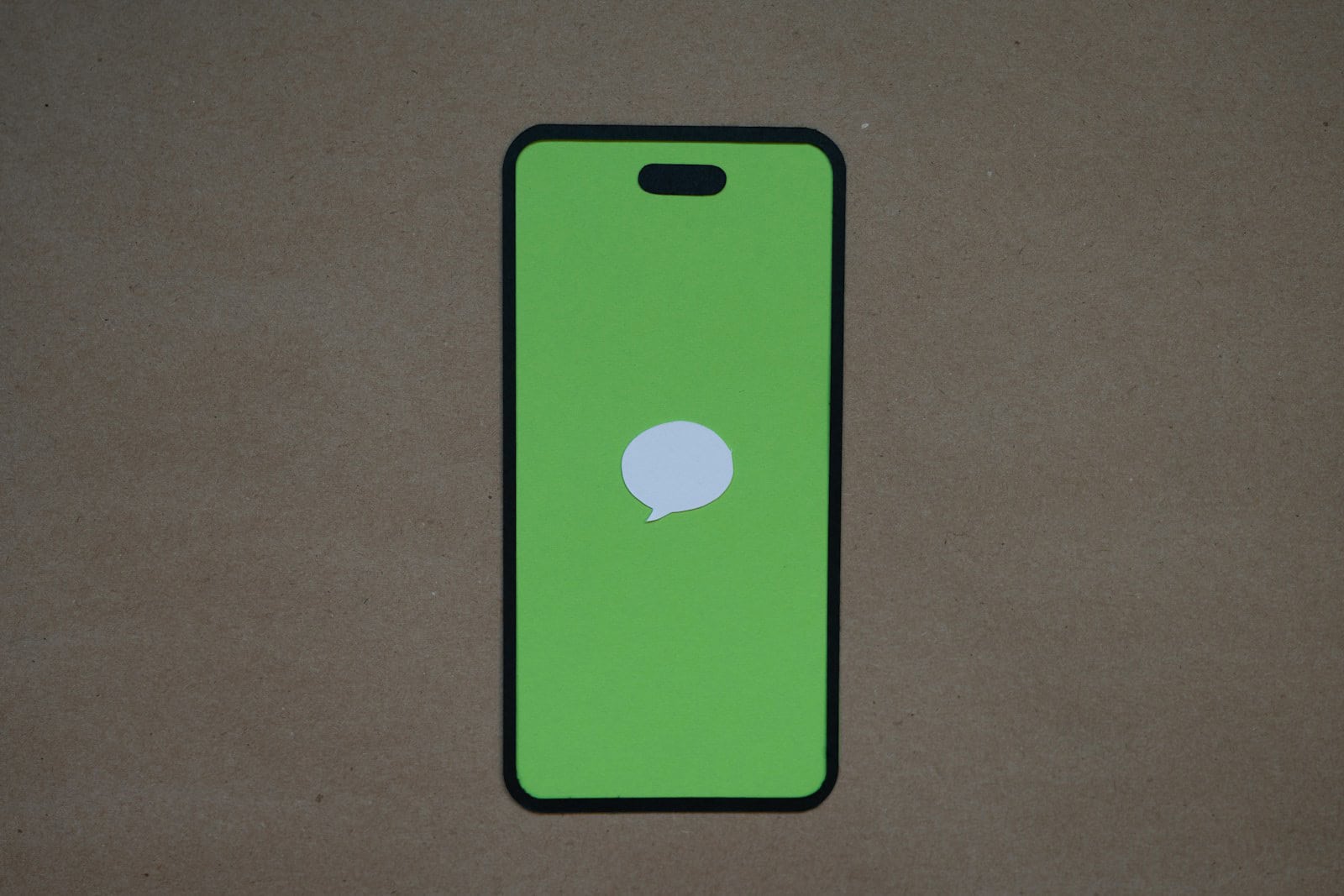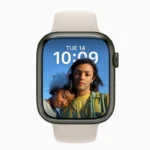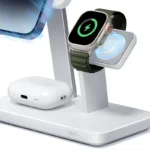Rich Communication Services, or RCS, is the latest advancement in the messaging experience, bringing features to SMS that modern users expect from messaging apps, such as read receipts, typing indicators, and high-resolution photo sharing. Apple, known for its iOS platform and iPhone product line, is stepping into the RCS arena. This move is seen as bridging the gap between iPhone users and Android users who have been utilizing RCS through their native messaging apps.
Until Apple’s recent update, iPhone messaging was largely split between iMessage for communication between Apple devices and SMS or MMS for messages sent to non-Apple users. The adoption of RCS on iPhone signifies a notable change. It introduces a richer texting experience even when iPhone users communicate with Android devices. However, RCS on the iPhone does not include the encryption that iMessage sports, an important factor for users concerned with privacy.
Why iPhone Users Should Care About RCS
Apple’s announcement of RCS support in iOS 18 marks a significant shift in the messaging landscape for iPhone users. RCS, or Rich Communication Services, is the next generation of SMS messaging, offering a host of features that enhance the overall messaging experience.
What is RCS?
RCS is a communication protocol designed to replace SMS, offering features like:
- High-quality photos and videos: Share media in higher resolution.
- Read receipts and typing indicators: Know when your message is seen and if someone is replying.
- Larger file sizes: Send larger documents and media files.
- Group chats with advanced features: Enjoy a more interactive group messaging experience.
The Benefits of RCS for iPhone Users
With RCS, iPhone users can expect a more seamless and feature-rich messaging experience when communicating with Android users. This means:
- No more low-quality images and videos: Share media with Android friends without sacrificing quality.
- Improved communication: Know when your messages have been read and if someone is typing, just like in iMessage.
- Enhanced group chats: Participate in group conversations with Android users with richer features.
What to Expect in iOS 18
Apple’s initial implementation of RCS in iOS 18 will include basic features like read receipts, typing indicators, and higher-quality media sharing. However, some advanced features like end-to-end encryption and the ability to send messages over Wi-Fi may not be available immediately.
The Future of Messaging on iPhone
Apple’s adoption of RCS is a positive step towards a more unified messaging experience across platforms. While the initial implementation in iOS 18 may be limited, it opens the door for future enhancements and a more seamless communication experience between iPhone and Android users.
Comparison Table: RCS vs. SMS
| Feature | RCS | SMS |
|---|---|---|
| High-quality media sharing | ✅ | ❌ |
| Read receipts | ✅ | ❌ |
| Typing indicators | ✅ | ❌ |
| Larger file sizes | ✅ | ❌ |
| Group chats with advanced features | ✅ | ❌ |
Apple’s move to embrace RCS is a win for consumers, as it brings a more modern and feature-rich messaging experience to iPhone users. While the full potential of RCS may not be realized immediately in iOS 18, it sets the stage for a more connected and seamless communication future.
Key Takeaways
- RCS brings advanced messaging features to the iPhone.
- Apple’s integration of RCS marks a shift towards better compatibility with Android.
- Unlike iMessage, RCS on the iPhone does not provide end-to-end encryption.
Understanding RCS and Its Impact on Messaging
Rich Communication Services or RCS aims to take texting into the new age. This modern protocol brings advanced features to the messaging experience across various devices including iPhones and Android phones.
Evolution from SMS and MMS to RCS
SMS and MMS have been the standard for text and multimedia messaging. RCS elevates this foundation. Developed by the GSMA, it builds on the Universal Profile to improve the way the world communicates. Apple deciding to support RCS on iPhone is a critical step. It shows a willingness to join the broader ecosystem where Android has made strides.
RCS Features and Advantages
RCS brings a host of benefits. It allows for read receipts, typing indicators, and group chats. Users can share high-quality images and videos and send larger file sizes. An important feature is the potential for end-to-end encryption. This enhances security compared to the basic SMS and MMS protocols.
Global RCS Adoption and Interoperability Concerns
While many Android devices support RCS, global adoption varies. The main concern is interoperability between devices and platforms. RCS must work seamlessly across all devices including iPhone and Android phones. The GSMA’s Universal Profile helps by outlining a set of standards for consistent RCS implementation worldwide. This benefits every user, ensuring a unified messaging experience.
RCS Messaging on iPhone: Current State and Future Prospects
Apple plans to bring Rich Communication Services (RCS) to the iPhone, enhancing messaging between iOS and Android devices. This update aims to provide users with a more interactive and feature-rich chat experience.
Integration of RCS Messaging in iOS
Apple has confirmed that RCS messaging is coming to its Messages app. With iOS expected to evolve to iOS 18, RCS integration will allow iPhone users to send texts with advanced features like high-resolution images and read receipts to non-iOS users. Currently, iPhone users experience a difference in message bubble colors: blue for iMessage and green for SMS or MMS. RCS aims to improve this interoperability experience.
Challenges and Opportunities for Apple with RCS
RCS messaging is more secure than the traditional SMS, offering encryption during data transport. However, it does not yet match iMessage’s end-to-end encryption. As Apple incorporates RCS, a key challenge will be maintaining the security and privacy standards that users expect from their products. By adopting RCS, Apple opens itself to greater competition but also complies with upcoming regulations like the European Union’s Digital Markets Act which mandates interoperability among messaging services.
The Role of Carriers and Other Industry Players
The success of RCS on iPhone does not solely depend on Apple. Carriers like Verizon, AT&T, and T-Mobile play a vital role in supporting the technology. Major Android phone makers, including Samsung and OnePlus, already support RCS through Google Messages. Collaboration among these industry players will be crucial for a consistent and seamless messaging experience across devices. Regulators continue to monitor these developments to ensure fair competition among service providers.







